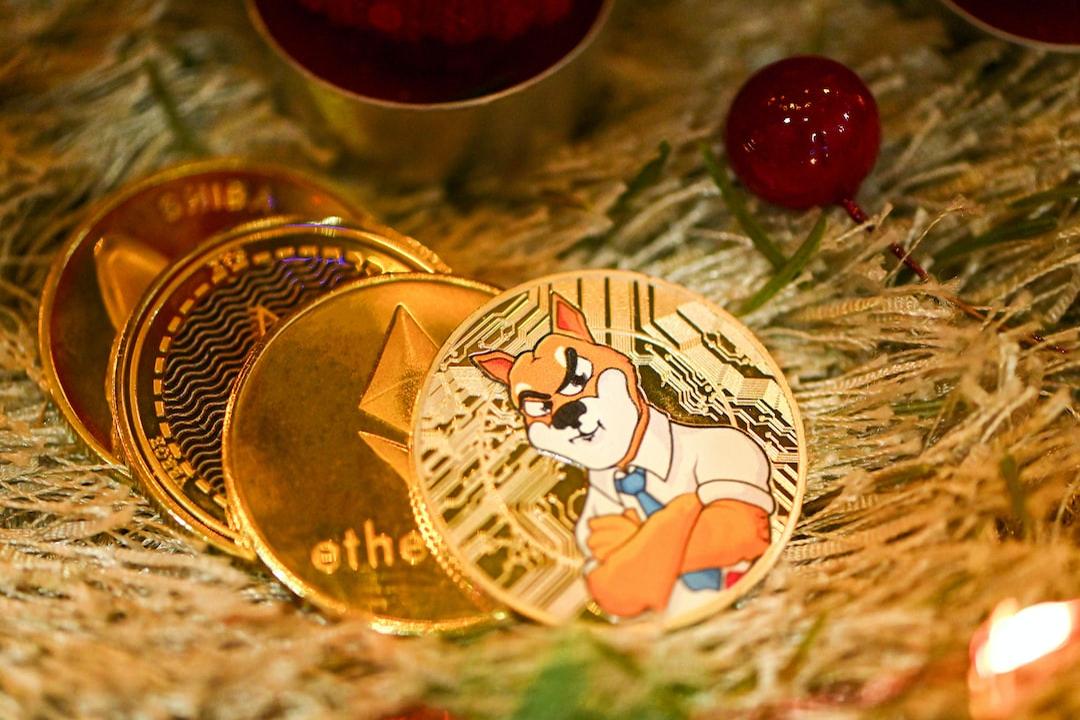Nonfungible tokens (NFTs) burst onto the scene in 2019, captivating the world with their potential. However, the subsequent decline of the crypto market left many NFT projects in ruins. Rather than dismissing these failures as scams, it may be more enlightening to examine what features were necessary for success.
In Episode 35 of The Agenda podcast, Ray Salmond and Jonathan DeYoung chat with Miles, a Web3 developer who is the mastermind behind FanSociety. This innovative platform combines elements of traditional fan clubs from the 1950s with modern crowdfunding ideas and secure blockchain storage. FanSociety serves as a funding mechanism for musicians, allowing them to connect with their audience, reward loyalty, and grow their fanbase in an organic way.
Miles believes that FanSociety offers a unique solution to the challenges faced by aspiring musicians. Securing funding for an album is notoriously difficult, and once it’s released, maintaining a loyal fanbase becomes the next hurdle. FanSociety addresses these issues by enabling musicians to raise money from fans while also rewarding them with digital artifacts as part of their expanding discography.
One common issue with NFT collections, according to Miles, is the fixed size of projects. Creators often need to issue a new contract to “extend” the collection. FanSociety aims to overcome this limitation by providing adaptability and room for growth.
Another problem that FanSociety tackles is revenue sharing. Miles laments that popular streaming platforms and record labels only give creators a small percentage of the revenue generated by their music. Additionally, these platforms tend to absorb the majority of tips received from fans. By utilizing NFTs on FanSociety, creators can show their appreciation to fans in a more meaningful and valuable way, rather than resorting to gimmicky offerings.
To learn more about Miles’ conversation on The Agenda, including his future plans for FanSociety, check out the full episode on Cointelegraph’s Podcasts page, Apple Podcasts, or Spotify. And don’t forget to explore Cointelegraph’s lineup of other shows!
Disclaimer: This article is for informational purposes only and should not be considered as legal or investment advice. The views and opinions expressed here are solely those of the author and do not necessarily reflect the views of Cointelegraph.

